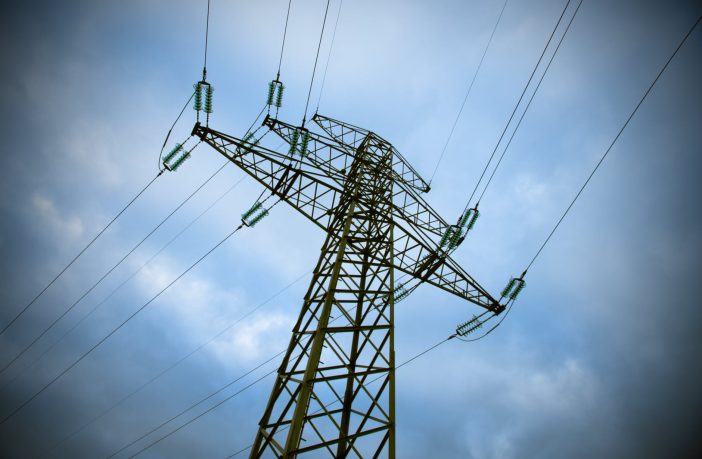- South Africa’s apex court, the Constitutional Court, has found that Eskom erred when it limited electricity supply to some defaulting municipalities in 2020.
- South Africa is currently in a major energy crisis with rotational loadshedding (blackouts) of up to six hours a day crippling the economy.
- The state owned energy utility cannot meet the country’s’ energy demand and is weighed downed by unsustainable debt of around R400 billion.
- Arrear debt by municipalities escalated by R9.5 billion year-on-year, reaching a high of R44.8 billion in March 2022. Read more
The court found that Eskom did not inform or consult with affected residents and businesses in the affected municipalities of Ngwathe and Lekwa, who initially took Eskom to the Pretoria High Court in 2020, where they successfully secured an interdict that blocked the power utility from reducing their electricity supply. Eskom then appealed to the apex court to overturn the ruling.
The apex court also found that Eskom’s decision to restrict electricity supply infringed on their human rights, specifically their right to dignity, their right of access to healthcare services, their right to an environment that is not harmful to health or well-being, the right to basic education and the right to life. The court also found that that the regulatory framework for electricity supply places the onus on municipalities, not Eskom, to supply electricity to residents. They ruled that the power utility must restore electricity supply to what it was before the reduction pending the outcome of the separate court application by the high court.
In its annual financial statement report, released earlier this month, Eskom’s chief financial officer, Calib Cassim, weighed in on the extent of municipal debt. “Eskom’s capital and tariff structure need to be permanently resolved to ensure long-term financial sustainability. In addition, the overdue debt by municipalities must be resolved. Eskom waits in anticipation the Nersa price decision on 12 January 2023 and the government’s debt relief solution to be announced in February next year,” said Cassim.
Cassim further added: “A net loss after tax of around R20 billion is expected for the financial year ending 31 March 2023. This is mainly attributable to OCGT spend exceeding the Nersa allowance, growth in municipal arrears and a shortfall in recovering debt service costs in the electricity tariffs.”
Author: Bryan Groenendaal















